
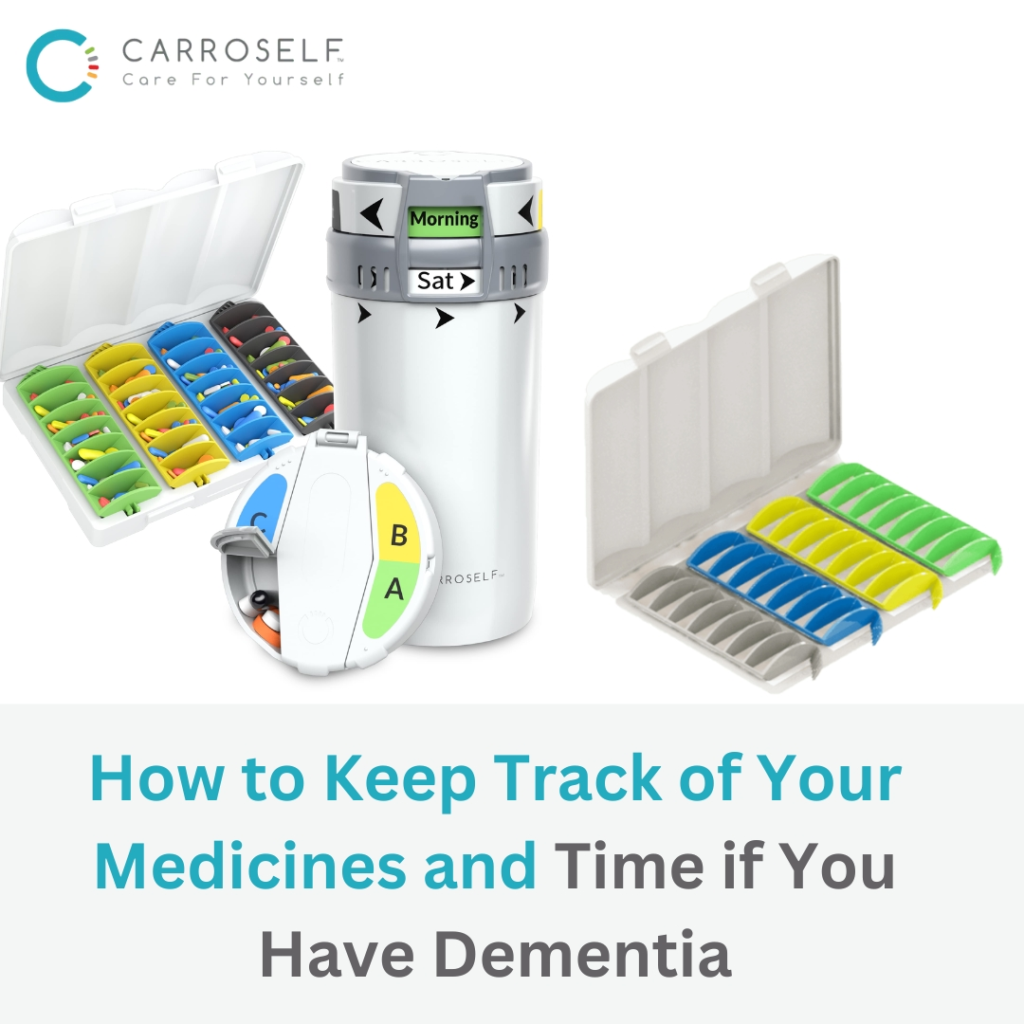
Managing medications can be complex for most people, but for someone with dementia, it is far worse. Caregiving may be exhausting and frustrating, especially in giving medicine as part of the task. Memory loss, confusion, and trouble thinking are common symptoms of this condition. These do not contribute to managing the medicine. However, these can interfere with remembering when and how to take the medication, and over-sedating or missing medication is a risk.
No matter what device you have, whether it’s a medication dispenser, a portable pill box organizer, or even a smart pill dispenser, medication management is simple when you use the right methods and equipment.
This blog discusses effective and efficient solutions to help dementia patients safely manage medications.
Managing medicines is necessary because this illness influences cognitive functions such as memory, problem-solving, and focus. It becomes more difficult to recall when to take their drugs. This may result in:
Caregivers and families must establish a reasonable medicine timetable to optimize safety and effectiveness.
To manage the medication, you may utilize a smart pill dispenser for automatic pill handling. In case you forget to take medication or suffer from dementia, a smart pill dispenser is one of the best things you could possess. The machines keep the pills stored and sorted and dispense them at scheduled intervals, minimizing the scope for error.
A smart pill dispenser gives older adults autonomy while giving caregivers peace of mind.
It is an excellent medicine organizer for anyone who travels or is away from home frequently. These tiny organizers are great for keeping medications organized by day and time so you can stay on schedule.
Dementia patients can easily manage their medications on the road with a travel pill box organizer.
Dementia and non-dementia individuals usually find it hard to recall the time, so reminders for medicine are critical. Devices such as alarms, mobile phone apps, and voice assistants can assist in guaranteeing that they receive their medications at the appropriate time.
Smart pill dispensers can be coupled with reminders to improve adherence to a medication schedule.
As dementia advances, a systematic daily schedule can help the individual with the disease feel more involved and assist in medication management. Concomitant medication administration, for example, with meals or before retiring to bed, decreases confusion.
This may confuse dementia patients attempting to identify medications. Good labeling avoids mistakes and ensures that patients take the right medicine at the right time.
If you’re packing a pill box organizer for travel, make labels so you won’t mix things up.
While tools like a smart pill dispenser and travel pill box organizer assist, a caregiver’s role is integral. Medication should ideally be managed by a trusted family member, friend, or professional caregiver.
Numerous dementia patients misplace their medicines unintentionally; this can result in missed doses. Some might even take additional pills, believing they missed a dose.
Patients with dementia frequently take several medications for other medical issues. An up-to-date list of all prescriptions, dosages, and instructions facilitates effective management.
What Should Be on the Medication List:
This list should be communicated to caregivers, doctors, and emergency contacts.
Life happens; pills run out, doses are forgotten. It is very important to have an emergency plan in place.
Being prepared means that patients with dementia can always have their prescribed medications available to them when they need to take them.
You don’t need to take some medications, as things change with time. Regular prescription reviews with a health care provider help ensure that dementia patients only take what they need.
Regular visits with a doctor or medication specialist optimize medication management and overall well-being.
For individuals with dementia, their medication management blends structure, technology, and caregiver effort. Innovative gadgets such as smart pill dispensers, pill dispensers, and travel pill box organizers facilitate getting medications in the right hands at the right time.
The use of these strategies ensures that loved ones with dementia remain healthy. Conversely, patients with dementia can live healthier lives, being aware that caregivers are always with them.
The best value medicine dispensers and organizers are all available here at Carroself.
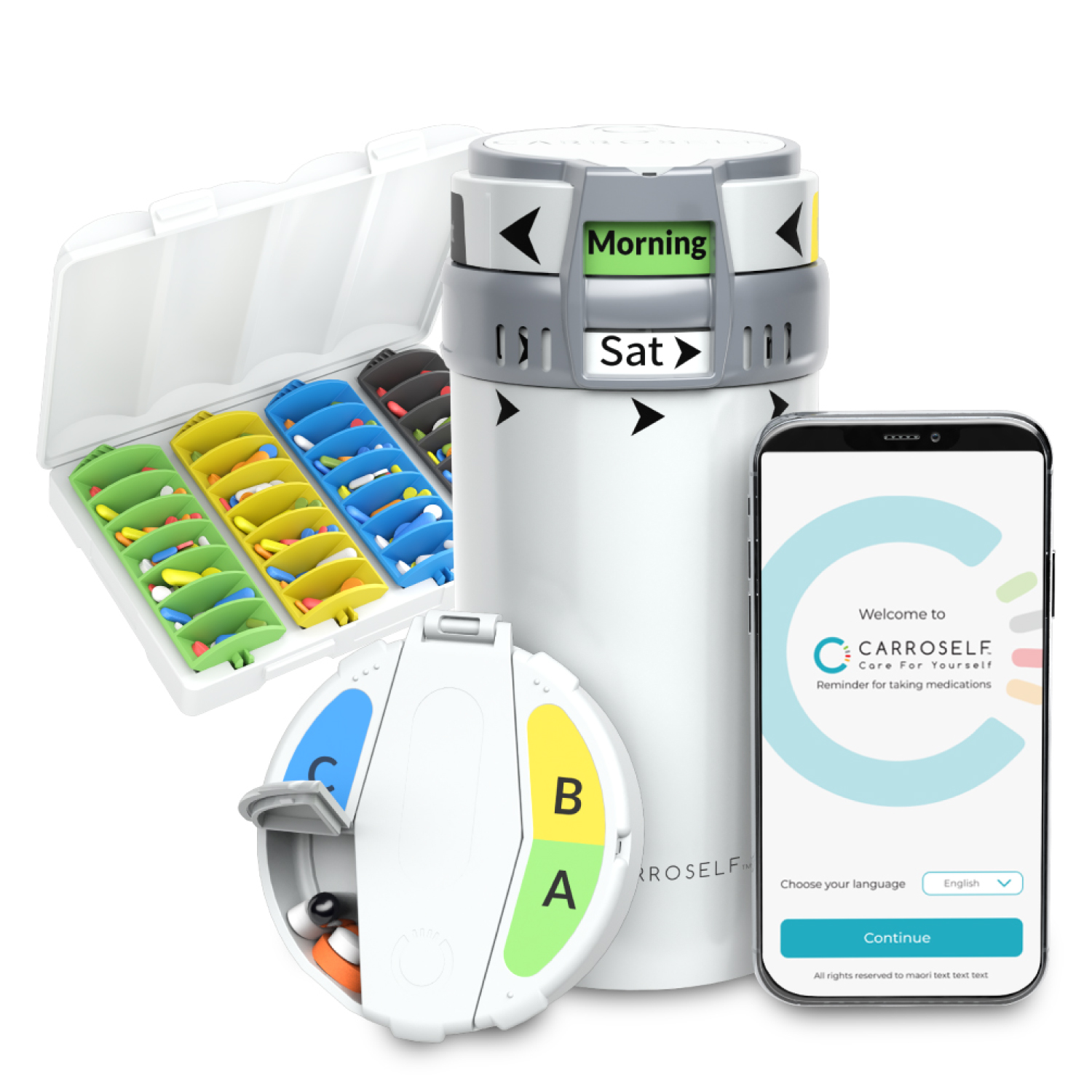

The Hidden Price of Forgetting Your Medications: Why Missing a Dose Can Cost More Than You Think

Best Ways to Remember Your Medication Every Day and Avoid Health Risks
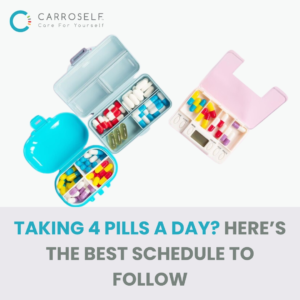
Taking 4 Pills a Day? Here’s the Best Schedule to Follow

10 Essential Medication Management Tips for Seniors and Caregivers
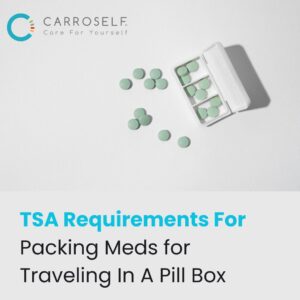
TSA Requirements For Packing Meds for Traveling In A Pill Box
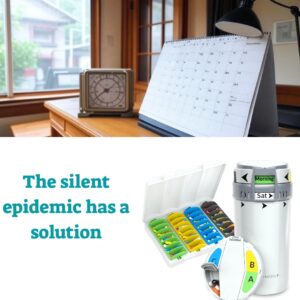
The Silent Epidemic of Medication Non-Adherence: A Growing Concern with Practical Solutions

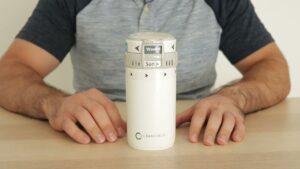

The Hidden Price of Forgetting Your Medications: Why Missing a Dose Can Cost More Than You Think

Best Ways to Remember Your Medication Every Day and Avoid Health Risks
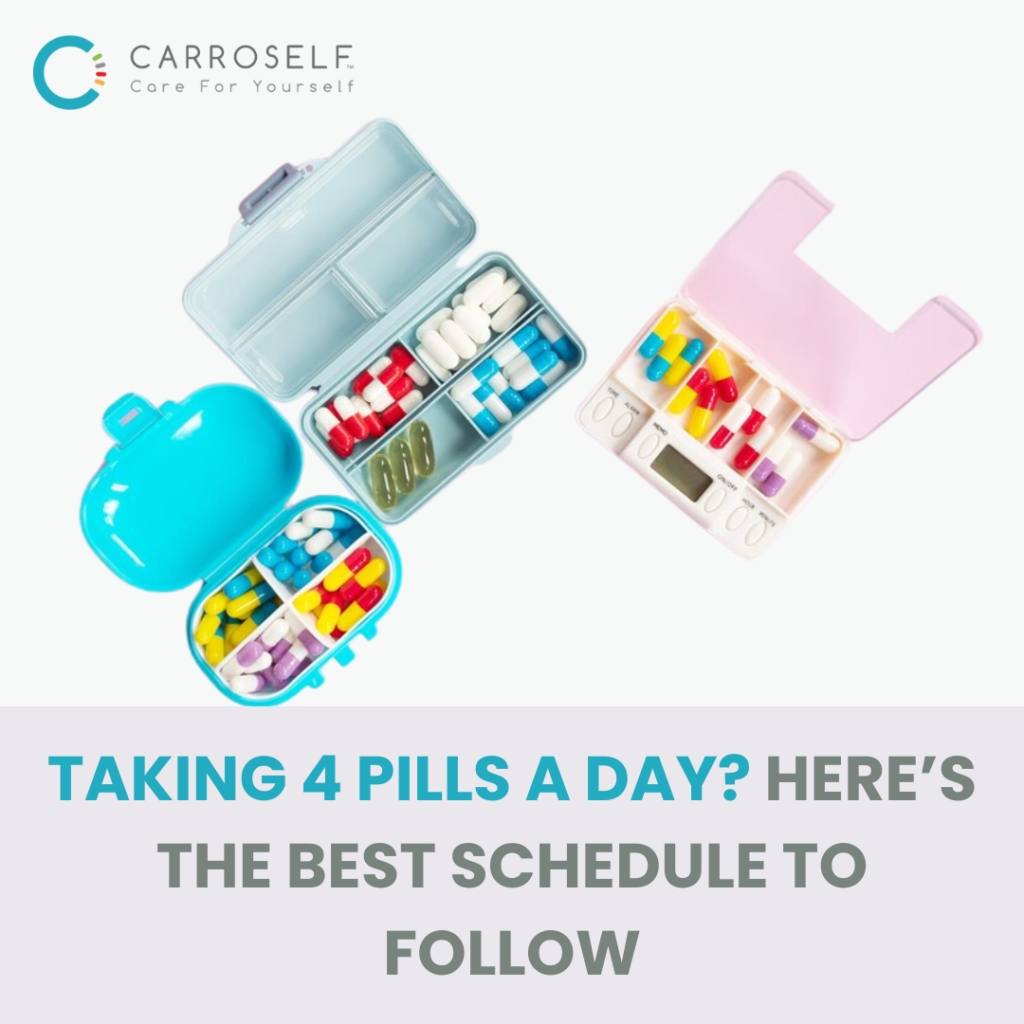
Taking 4 Pills a Day? Here’s the Best Schedule to Follow

How to Keep Track of Your Medicines and Time if You Have Dementia
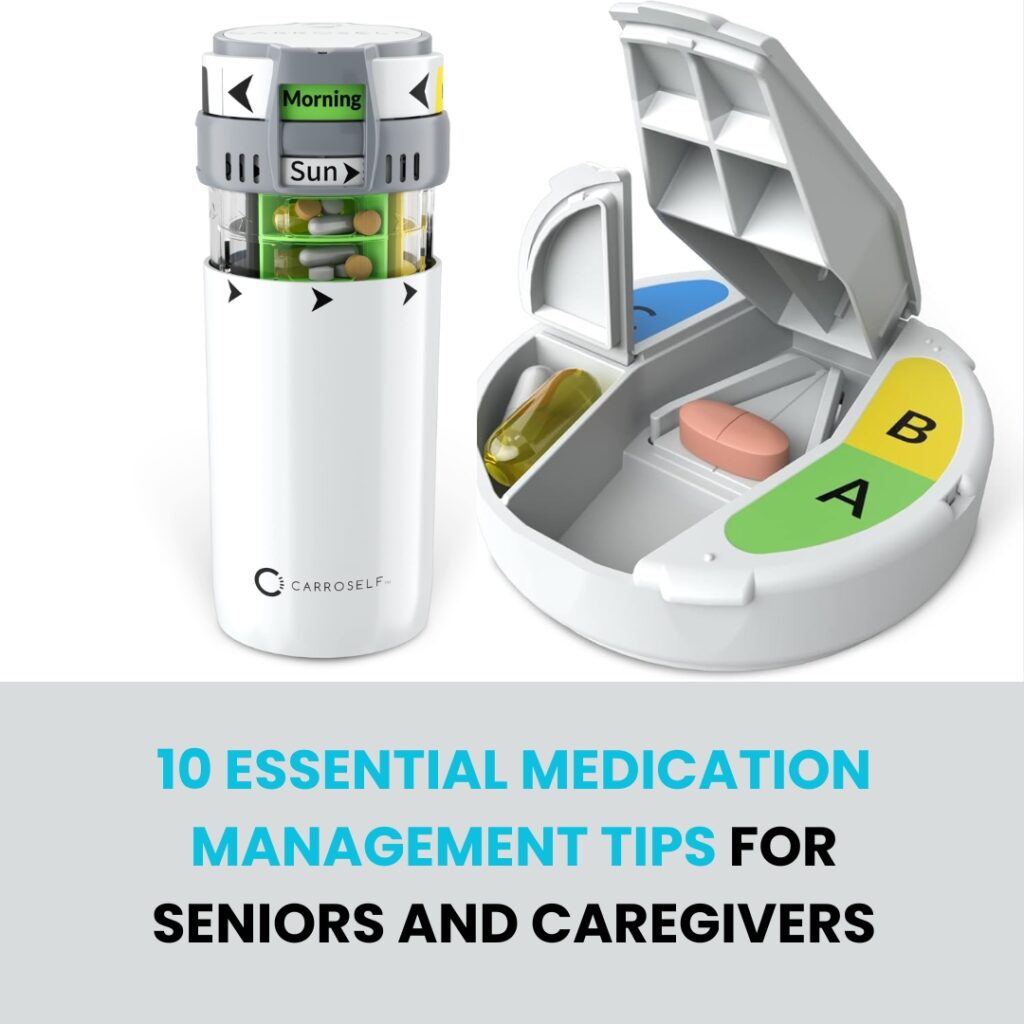
10 Essential Medication Management Tips for Seniors and Caregivers